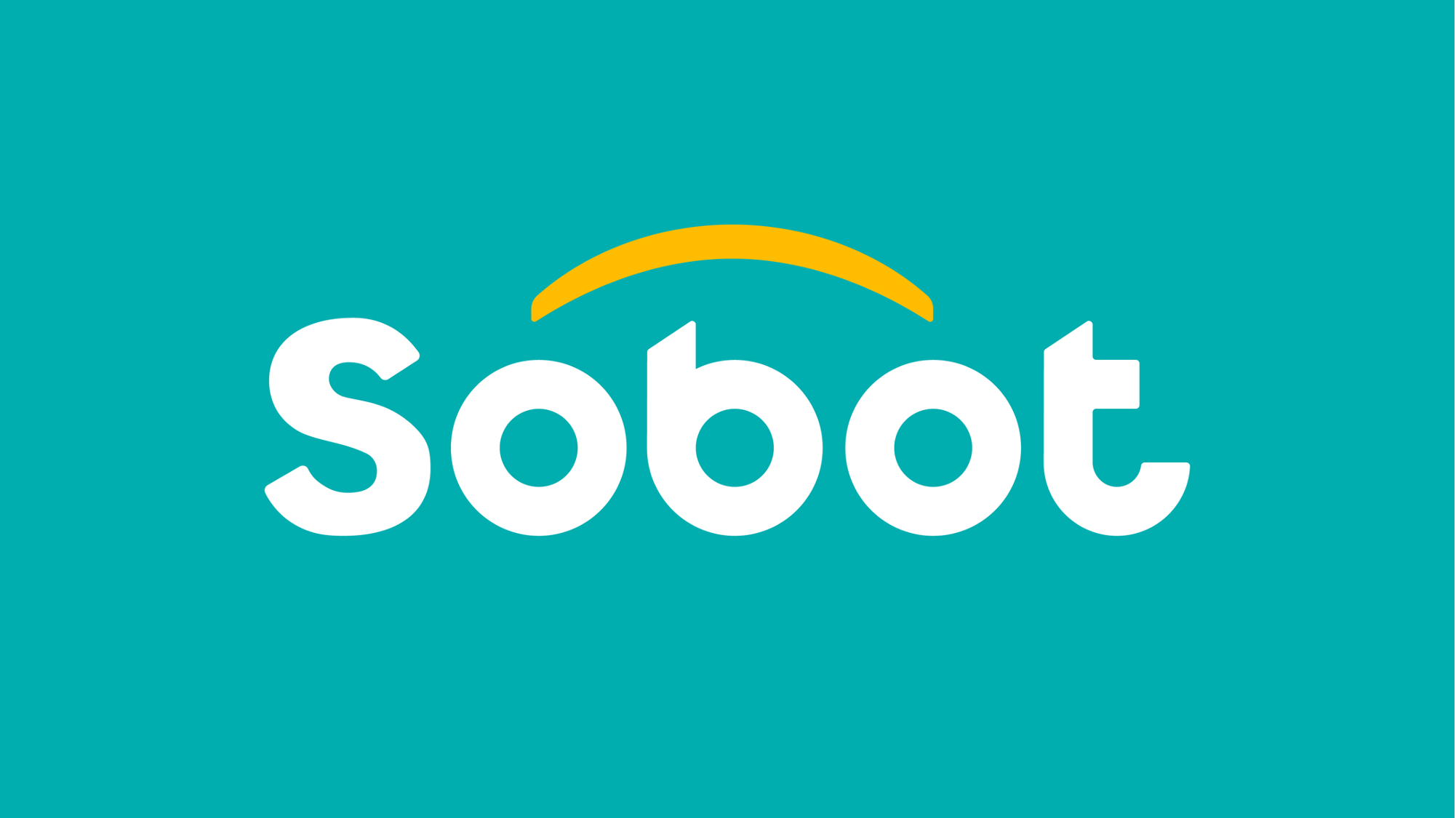In today’s competitive business landscape, maintaining strong customer relationships is crucial. A CRM ticketing system is a powerful tool that helps companies manage customer interactions efficiently while providing exceptional support. Understanding how this system works and the benefits it offers can help businesses improve both customer satisfaction and internal workflows.
Understanding a CRM Ticketing System
A CRM ticketing system combines the capabilities of a Customer Relationship Management (CRM) platform with a support ticketing system. When customers submit inquiries, complaints, or requests, the system creates a “ticket” that records all relevant details, such as the customer’s information, the nature of the issue, and previous interactions.
Unlike traditional ticketing systems, a CRM ticketing system integrates seamlessly with customer data stored in the CRM. This provides support agents with a holistic view of each customer, enabling personalized and context-aware responses. The system acts as a central hub for tracking, managing, and resolving customer issues efficiently.
Key Features of a CRM Ticketing System
Modern CRM ticketing systems offer a range of features to optimize customer support operations:
- Centralized Customer Data: All interactions, purchase history, and communication logs are stored in one place, giving agents instant access to relevant information.
- Automated Ticket Routing: Tickets are automatically assigned to the right agent or department based on workload, expertise, or priority.
- Multi-Channel Support: Customers can reach out via email, phone, social media, or live chat, with all requests captured in the CRM.
- Priority Management: Tickets can be categorized and prioritized according to urgency or impact, ensuring critical issues are addressed first.
- Reporting and Analytics: Managers can monitor metrics such as response time, resolution time, and customer satisfaction to identify trends and improve performance.
- Knowledge Base Integration: Agents and customers can access helpful resources to resolve common issues quickly.
Benefits of Using a CRM Ticketing System
Implementing a CRM ticketing system offers significant advantages for businesses and their customers:
- Enhanced Customer Experience: Personalized responses and faster resolutions build trust and loyalty.
- Improved Agent Efficiency: Automation and centralized information reduce repetitive tasks and streamline workflows.
- Greater Accountability: Every ticket is tracked from creation to resolution, ensuring no request is overlooked.
- Actionable Insights: Detailed reports and analytics help businesses identify common issues, improve processes, and train staff effectively.
- Scalability: As your customer base grows, the system can handle increasing volumes of tickets without compromising service quality.
Choosing the Right CRM Ticketing System
When selecting a CRM ticketing system, businesses should consider factors such as integration capabilities with existing tools, ease of use, automation features, and multi-channel support. Reporting and analytics capabilities are also critical for continuous improvement in customer support.

Conclusion
A CRM ticketing system is an essential tool for businesses aiming to deliver efficient, personalized, and high-quality customer support. By combining ticket management with comprehensive customer data, these systems enable faster resolutions, better customer experiences, and more informed decision-making. Adopting a CRM ticketing system can strengthen customer relationships and drive long-term business success.


